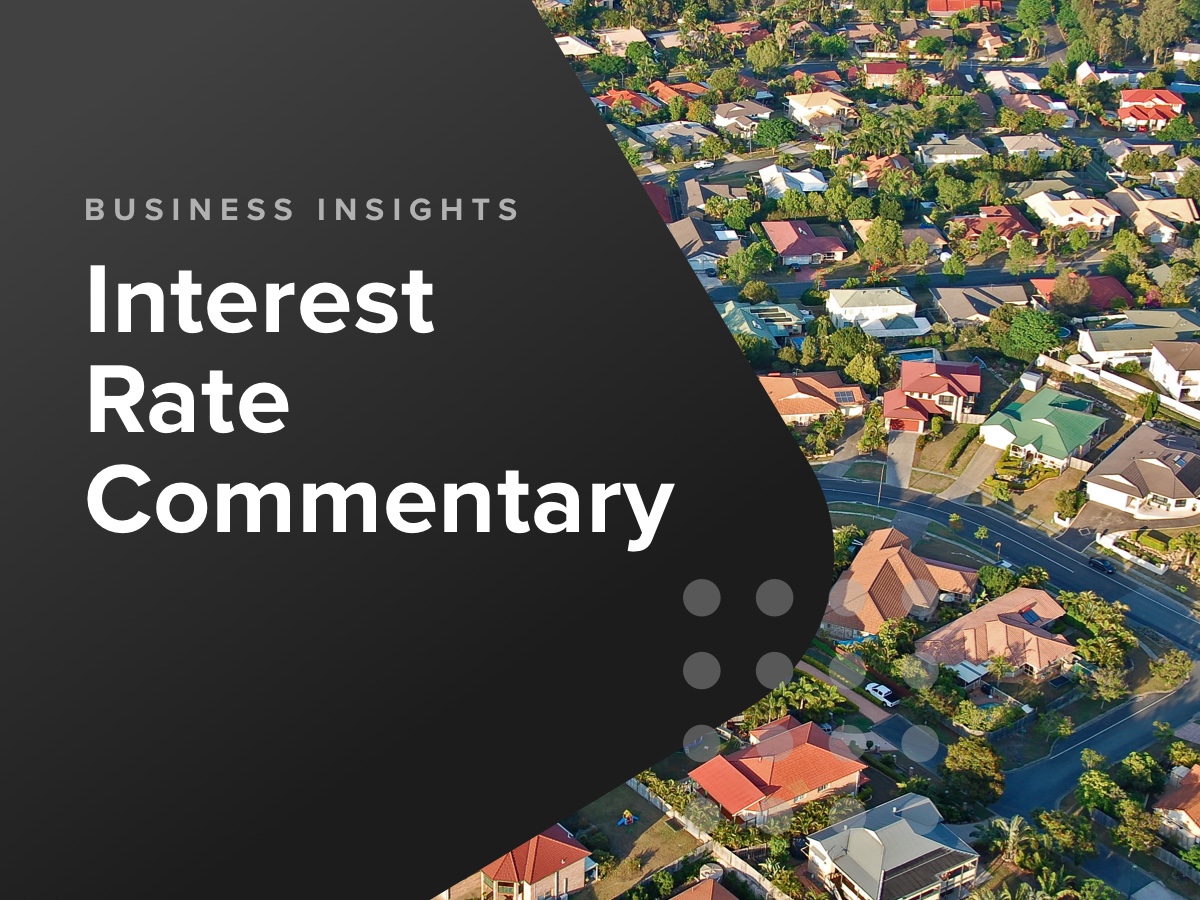This is the second year CreditorWatch has published its Economic Insights: the Road Ahead report, which is an opportunity to reflect on the financial year that was and form a view on Australia‘s economic future and the factors that are likely to drive it.
The report includes CreditorWatch CEO Patrick Coghlan’s view of the outlook for trade payments, drawing on CreditorWatch’s proprietary data. It also includes the reflections of some of Australia’s most senior financial commentators.
Commenting on the report’s findings, Mr Coghlan noted businesses that have the confidence to continue to trade, invest and hire are the lifeblood of our economy.
“Despite limiting factors such as border closures, most businesses are positive and confident, essential ingredients when it comes to credit. But it’s important to be realistic. The current trading environment is a difficult one. Many of us will know how hard it is to find staff. The supply chain also remains disrupted. These are just a few of the issues we need to resolve,” he said.
Mr Coghlan noted over the past year, creditors have behaved through the pandemic in much the same way they act through natural disasters. “People want to look after each other. For instance, in some industries, creditors have allowed debtors to simply give back stock, rather than see them go into debt. In others, debtors have been allowed to extend their payment terms.”
Confident but still cautious
Despite the rosier-than-expected economic outlook, the experts who contributed to the research urge caution when it comes to extending trade credit.
For instance report contributor, Chris Little, CEO of trade credit insurance experts Coface, noted when dealing with complex markets such as China it’s essential to ensure payment terms reflect the complexity of the relationships. “Think through reliance on letters of credits or how upfront payments may be made. So in the event an order gets stuck at a port, it’s supported by proper documentation,” he said.
Similarly, Australian Institute of Credit Management CEO Nick Pilavidis reminded businesses to recognise different markets have been affected in different ways by COVID and this should be taken into account when extending payment terms. “Be aware of how different economies, and trading partners within them, are recovering when you’re importing or exporting.”
As Australian Restructuring Insolvency and Turnaround Association CEO John Winter noted, there are risks to suppliers as the supply chain becomes constrained. “All this together elevates insolvency and credit risk.”
Caution aside, other payments highlights of the past year include:
- Creditors allowing customers to pay off their outstanding debt over six to 12 months.
- A high level of communication between debtors and creditors.
- Substantial provision made for bad debts, even when this has not proven necessary.
Said Mr Coghlan: “It’s these steps that are so vital in helping to support Australian businesses.”
As report contributor Ginette Muller, a partner with accounting firm Hall Chadwick noted, insolvencies are about half the level they usually are. “That’s a reflection of the government’s actions to keep the economy moving.”
Outlook
In terms of the future for trade payments, there are still record low numbers of defaults, court actions and administrations. These are expected to rise as the economy continues to right itself and adjust to the end of federal government stimulus measures such as JobKeeper. But numbers should return to a more normal setting as the banks and the tax office resume pursuing businesses that cannot meet their obligations.
For the year ahead, businesses want clarity around when the international border will re-open. When the time is right, this will be an important step in ushering the economy out of the pandemic.
As Australian Chamber of Commerce and Industry director Paul Nicolaou noted, businesses need to connect with markets outside Australia. “Because people can’t travel, they need to use the internet and digital tools and work with organisations like Austrade,” he said.
In fact, the importance of borders re-opening was a topic raised by a number of the report’s contributors. As Ray White chief economist Nerida Conisbee noted, our education sector relies on demand from Asia, and this has a flow-on effect to the property market. “This is particularly important for states like Victoria, whose top export is education.”
In a similar vein, report contributor and blockchain visionary Mark Carnegie stated right now there are two, giant tectonic plates shifting in the global economy. “One is the changes going on in the world thanks to coronavirus. The other is actions by governments and central banks. Both change how people think.”
The vaccination rollout is another unknown on which businesses are seeking clarity. As the Australian Chamber of Commerce and Industry chief economist Ross Lambie noted, even when a significant proportion of the population is vaccinated, targeted measures are required to detect, track and deal with coronavirus outbreaks. “High levels of vaccination and a targeted approach to outbreaks are needed to ensure local and international borders are open and stay open, and impacts on businesses are minimised.”
Commenting on the future, CreditorWatch chief economist Harley Dale noted the businesses that thrive will be those that think outside the square and that offer different opportunities to consumers, be that online or face-to-face.
“Consumers like variety, competitive deals and engaging advertising. They must also have confidence in a product’s safety standards. If you are running the same business model now as you were before the pandemic, it may be time to check it’s still fit for the current environment and be prepared for demand to be more volatile,” he said.
Nevertheless, the Australia economy and trade payments are in much better shape than was expected at the start of the last financial year and further positive news is anticipated through 2021 and beyond.
To gain access to the Economic Insights: The Road Ahead Media Release click here.
You’re also invited to hear more about the reports insights at CreditorWatch’s Economic Road Ahead EOFY Playbook webinar on Friday, 23rd July from 11am – 12pm. You’ll hear from Patrick Coghlan, CEO at CreditorWatch, Nerida Conisbee, Chief Economist of Ray White, Ginette Muller, Partner at Hall Chadwick and Chris Little, CEO of Coface. You can sign up here.



